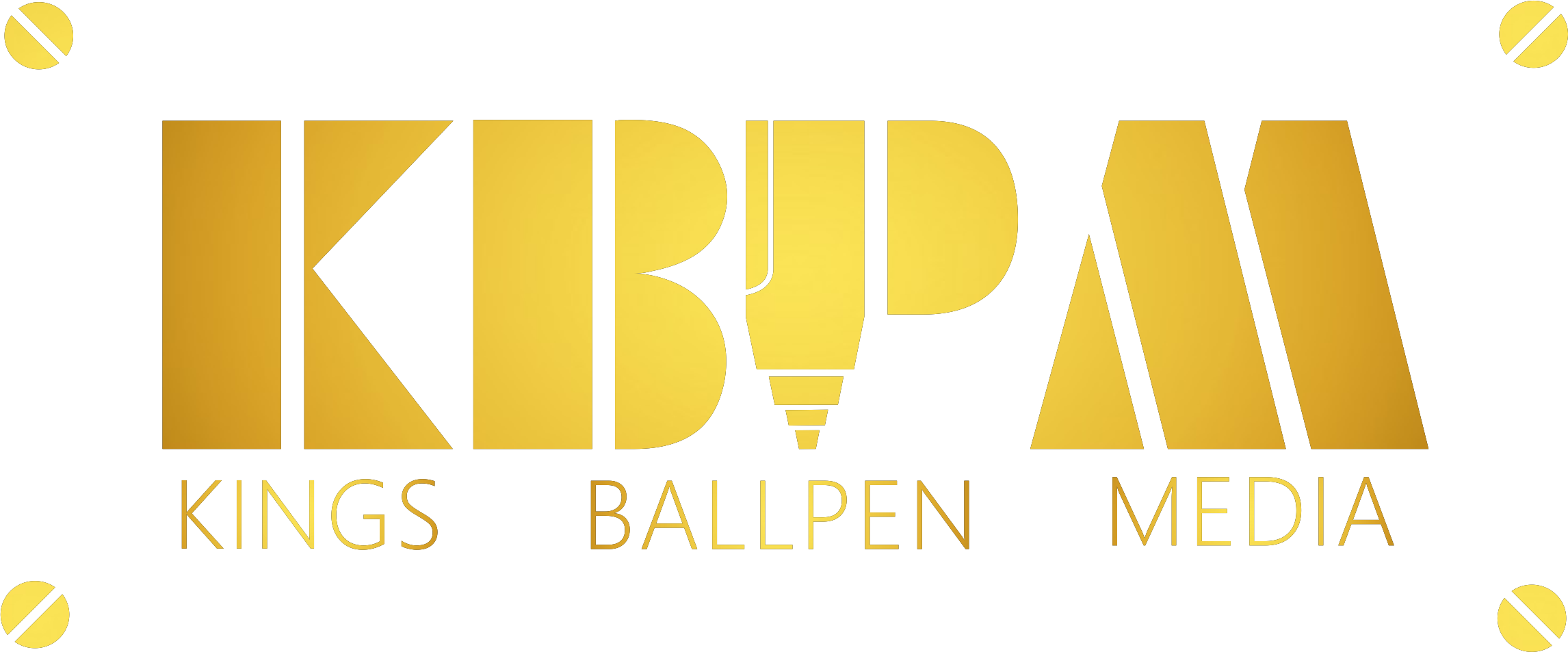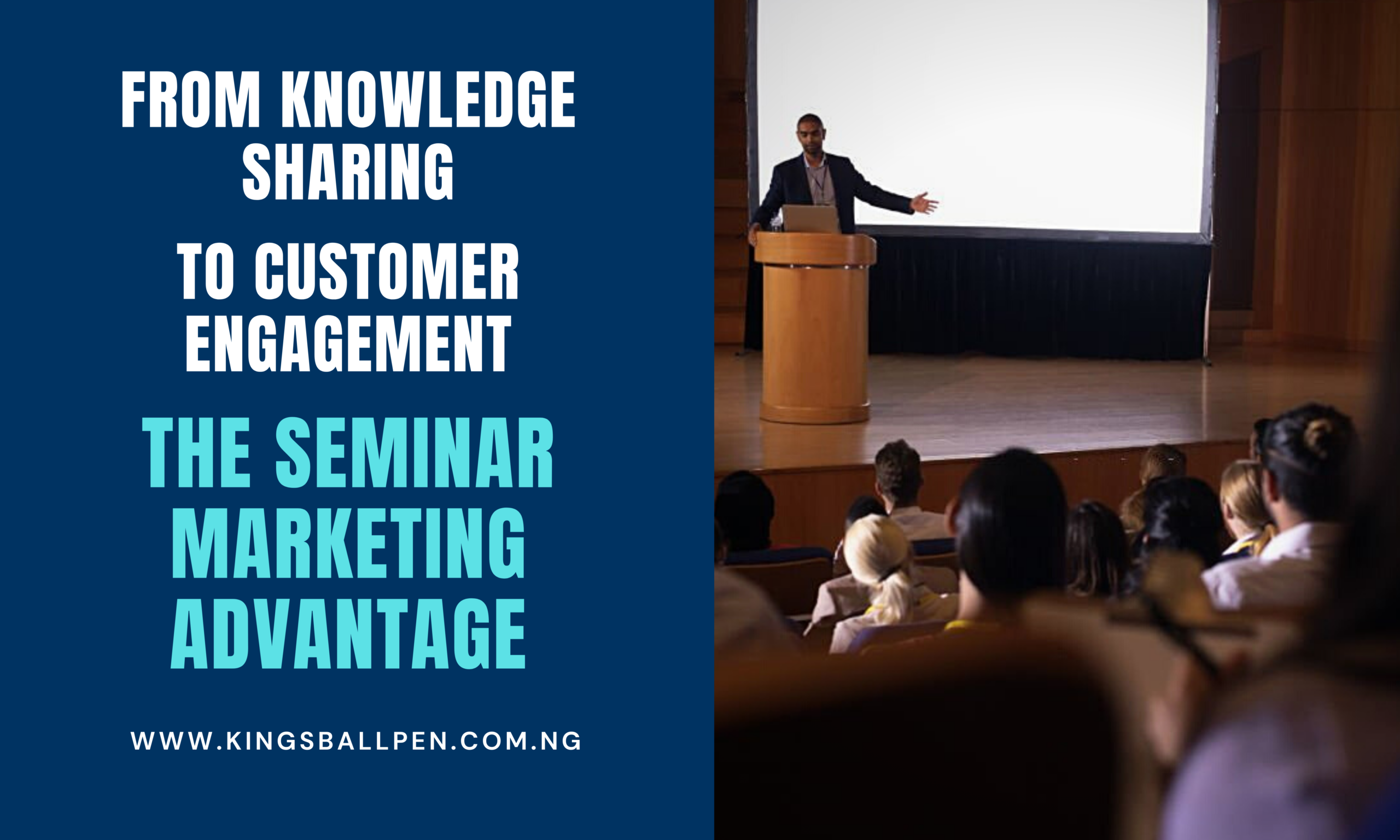In today’s fast-paced and ever-evolving business landscape, traditional marketing approaches often struggle to cut through the noise and capture the attention of consumers. That’s where seminars come in, offering a powerful marketing strategy that goes beyond mere promotional efforts. By seamlessly blending knowledge sharing and customer engagement, seminars provide a unique opportunity to connect with your target audience on a deeper level. In this article, we’ll explore the advantages of using seminars as a marketing tool and how they can elevate your brand’s visibility, credibility, and customer relationships.
The Power of Knowledge Sharing through Seminars
Seminars serve as platforms for sharing valuable insights, expertise, and industry knowledge. By positioning your brand as a thought leader and industry expert, you can establish credibility and gain the trust of your audience. When attendees perceive your business as a reliable source of information, they are more likely to view your products or services as credible solutions to their needs. Sharing knowledge through seminars allows you to differentiate your brand from competitors and stay ahead of industry trends.
Leveraging Seminars for Customer Engagement
Beyond knowledge sharing, seminars offer a unique opportunity to engage with your target audience directly. Unlike traditional marketing channels, seminars create an interactive environment where attendees can actively participate in discussions, ask questions, and share their experiences. This level of engagement fosters a sense of connection and builds relationships with potential customers. By listening to their needs, addressing their concerns, and providing valuable insights, you can establish a genuine connection and loyalty with your audience.
Benefits of Seminar Marketing
- Generating quality leads and expanding the customer base: Seminars attract individuals who are genuinely interested in your industry or specific topics. By capturing their contact information during registration, you can build a database of high-quality leads that are more likely to convert into customers.
- Enhancing brand visibility and awareness: Successful seminars can generate buzz and create positive word-of-mouth, increasing your brand’s visibility within the industry and among your target audience.
- Driving conversions and sales: When attendees engage with your brand during a seminar, they are more likely to consider your products or services as a solution. The connections established through seminars often lead to higher conversion rates and increased sales.
Planning and Execution of Successful Seminar Marketing Campaigns
To maximize the impact of seminar marketing, careful planning and execution are crucial. Consider the following steps:
- Define seminar objectives and target audience: Determine the purpose of your seminar and identify the specific audience segment you want to reach.
- Select relevant and engaging topics: Choose topics that align with your brand’s expertise and address the interests and pain points of your target audience.
- Choose the right format and venue: Decide whether an in-person, virtual, or hybrid seminar is most suitable for your goals and target audience. Select a venue or platform that accommodates the desired format and offers a comfortable and engaging experience for attendees.
- Promote and market the seminar effectively: Leverage various marketing channels such as social media, email marketing, and content creation to create awareness and generate interest in your seminar.
Best Practices for Engaging Seminars
To ensure that your seminar is both informative and engaging, consider the following best practices:
- Compelling content creation and delivery: Craft well-researched and insightful presentations that deliver value to attendees. Use storytelling techniques, visuals, and real-world examples to make your content memorable and relatable.
- Utilize multimedia and interactive tools: Incorporate videos, polls, live Q&A sessions, and interactive exercises to keep attendees actively engaged throughout the seminar.
- Incorporate storytelling techniques: Weave narratives into your presentations to captivate and emotionally connect with your audience, making the information more relatable and memorable.
- Encourage feedback and follow-up communication: Provide opportunities for attendees to share their thoughts, ask questions, and provide feedback. Follow up with personalized communication to maintain the connection and nurture relationships with potential customers.
Measuring Success and ROI of Seminar Marketing
To evaluate the success of your seminar marketing efforts, track and analyze key metrics such as attendance rates, engagement levels, lead conversions, and revenue generated. Additionally, measure attendee satisfaction through post-seminar surveys to gather valuable feedback for future improvements. Calculate the return on investment (ROI) by comparing the costs of organizing and promoting the seminar against the revenue and customer acquisitions generated as a result.
Conclusion
In an era where consumers crave meaningful interactions and valuable insights, seminars present a powerful marketing strategy that combines knowledge sharing and customer engagement. By utilizing seminars effectively, businesses can establish credibility, foster connections, and drive conversions. Embrace the seminar marketing advantage and unlock the potential to build lasting relationships with your target audience, propelling your brand towards sustained growth and success.



Leave a Reply